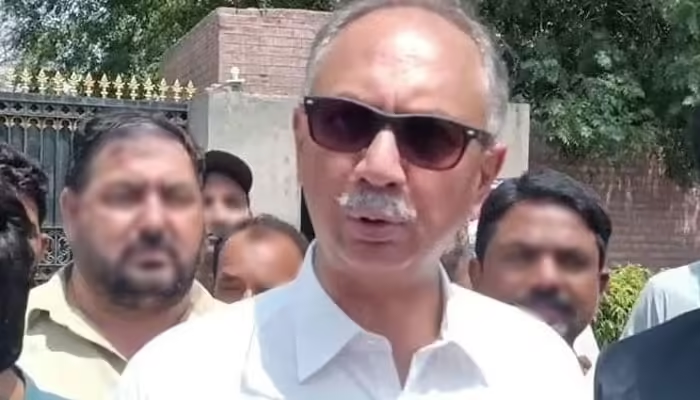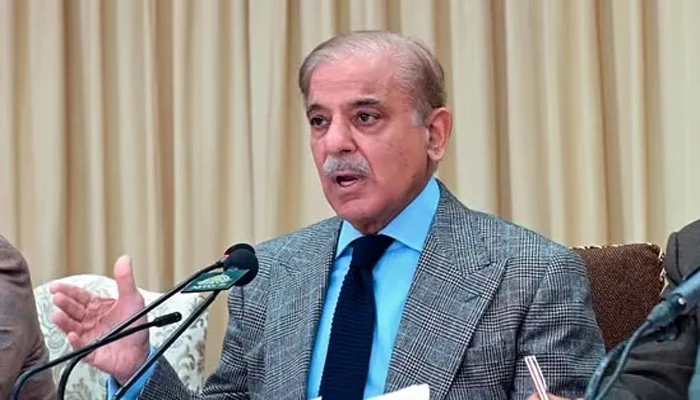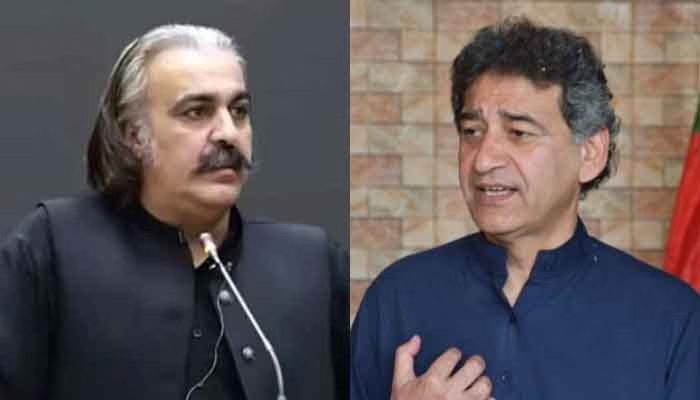In recent statements, Umar Ayub, a prominent leader of Pakistan Tehreek-e-Insaf (PTI), addressed various political and legal issues surrounding the party and its founder, Imran Khan, currently detained in Adiala Jail. Speaking to journalists after a meeting with Khan, Ayub dismissed suggestions of violent actions to secure Khan’s release and critiqued the political maneuvers of rival parties.
Addressing the media, Ayub emphasized that PTI has no intention of resorting to extreme measures such as attacking Adiala Jail with rocket launchers. This remark was aimed at countering any speculations or exaggerated claims circulating about the party’s plans for Khan’s release. His statement was intended to clarify the party’s stance and reaffirm its commitment to lawful and peaceful means.
Ayub also criticized the Pakistan Muslim League-Nawaz (PML-N) and Pakistan Peoples Party (PPP), alleging that these parties are working to create a rift between the army and PTI. He asserted that the army, which he described as being inherently connected to the people, is being unfairly positioned against his party. This critique reflects ongoing tensions and disputes between PTI and its political adversaries, highlighting a broader conflict within Pakistan’s political landscape.
Furthermore, Ayub urged the Chief Justice of Islamabad High Court to recuse himself from cases involving Imran Khan, suggesting a perceived conflict of interest. This call for judicial separation underscores PTI’s concerns about impartiality and fairness in the legal proceedings affecting their leader.
In a separate comment, Ayub referred to Rauf Hasan, a party associate who was recently handed over to the Counter-Terrorism Department (CTD). Ayub characterized Hasan as a “person of weak life” and criticized his handling, suggesting that the party is being subjected to confusing and potentially unjust legal challenges.
Ayub also addressed the recent amendments to the Election Act, which PTI contends are being tailored specifically against the party. He expressed confidence that such controversial legislation would not withstand judicial scrutiny, reflecting PTI’s skepticism towards legislative changes perceived as biased.
In a related development, PTI leader Asad Qaiser announced plans to form a grand alliance of opposition parties within the next 15 days. This initiative aims to consolidate opposition forces and strengthen their position against the current government. The formation of this alliance is expected to influence Pakistan’s political dynamics significantly, potentially altering the balance of power among various political factions.
Ayub’s comments provide a glimpse into the ongoing challenges faced by PTI and its leaders. The party is navigating a complex political environment marked by legal battles, rival party criticisms, and efforts to rally opposition forces. As PTI continues to address these issues, the resolution of Imran Khan’s detention and the broader political context will likely remain central to its strategy and public statements.
The current political climate in Pakistan is characterized by heightened tensions and significant challenges for all parties involved. PTI’s responses and strategies will be closely watched as they seek to navigate these turbulent times and advocate for their positions on both legal and political fronts.



